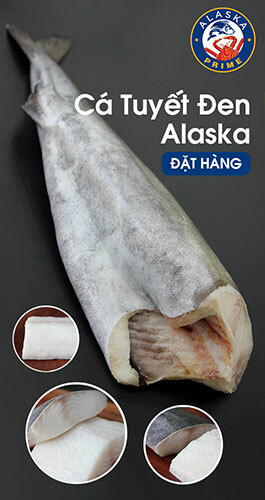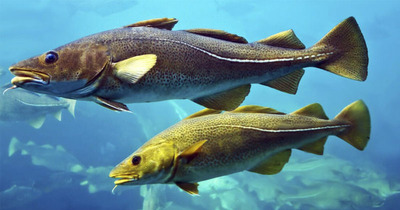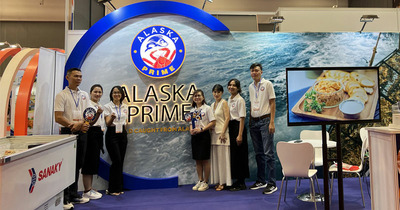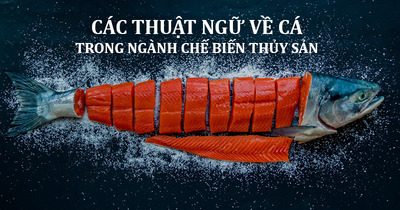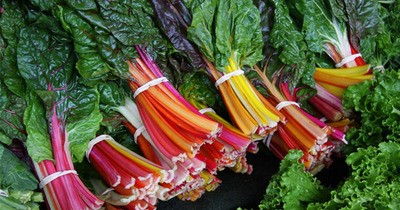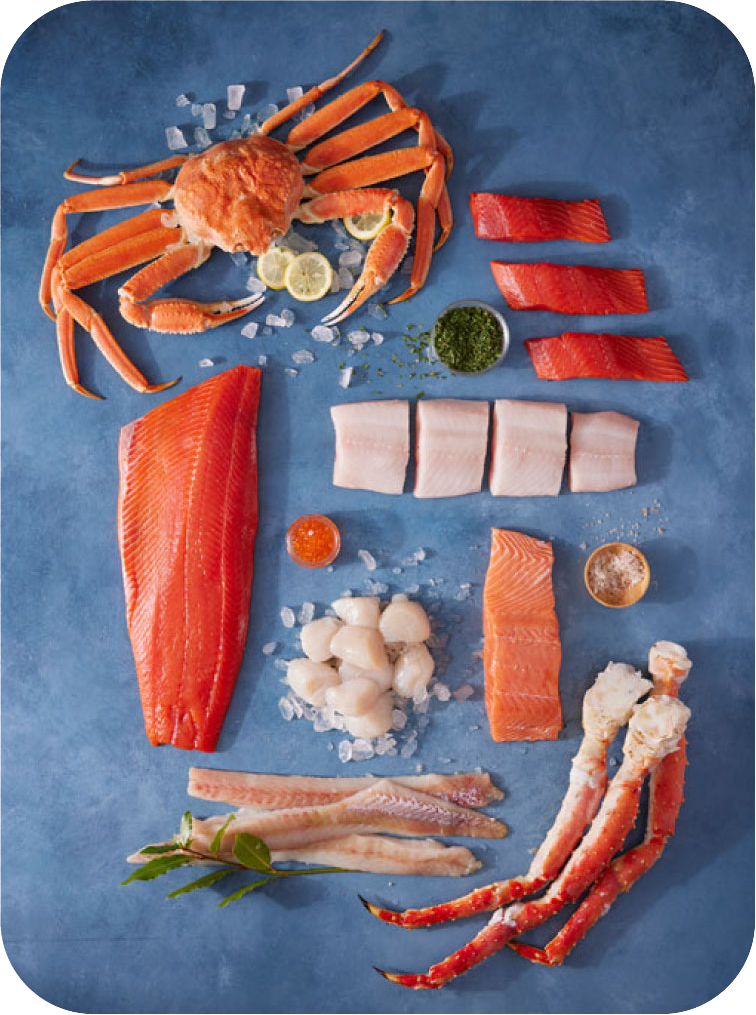Alaska cancels snow crab fishing season for the first time
A large amount of snow crab in Alaska's Bering Sea is rapidly disappearing, forcing Alaska to cancel the snow crab fishing season for the first time. Abandoning this lucrative season has had a huge impact on many fishermen.
Officials said about a billion snow crabs have disappeared from the northern sea in the past two years. The disappearance not only affects fishermen here but also signals environmental changes in Alaska's waters.
So what is the cause?
Scientists are conducting further research to determine exactly what has caused the sad state of snow crabs this year. The incident occurred since the Bering Sea experienced a record heatwave in 2019 and resulted in gradually decreasing snow crab populations.
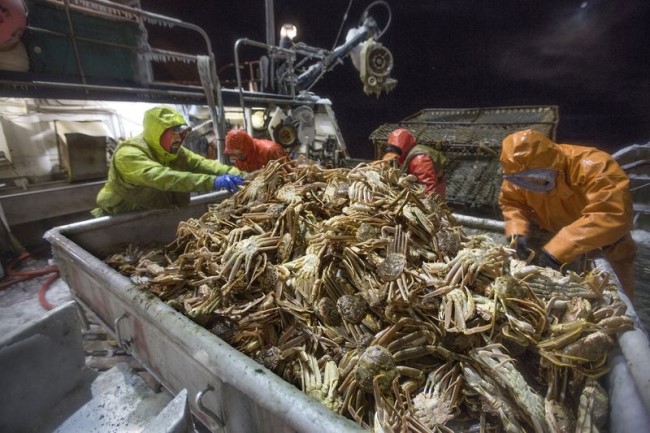
Due to climate change, Alaska has become one of the warmer places than before. Many scientists suspect that the high water temperature is the main cause of the disappearance of this famous crab species.
According to a report from the Alaska Seafood Marketing Institute, the crab fishing industry in Alaska is worth over $200 million. Of which, the king crab will be of higher value, you can enjoy a crab in a restaurant for hundreds of dollars.
However, just like the snow crab, the king crab harvest this season was also canceled for the second time due to the very low number of mature female crabs. Typically, it takes at least 8.4 million mature female crabs to be caught, but the number cannot be guaranteed yet.
Who will be most affected when the ban is imposed?
In making the decision to cancel the fishing season, Alaska officials consulted with stakeholders, noting that it would have a significant impact on those who fish, the community, and the economy, but emphasized the balance between the economy and conservation.
Dean Gribble Sr., captain of a snow crab fishing boat, said: "The ban will change many people's lives because their families don't have other options. They are losing a job that pays well and provides good benefits.
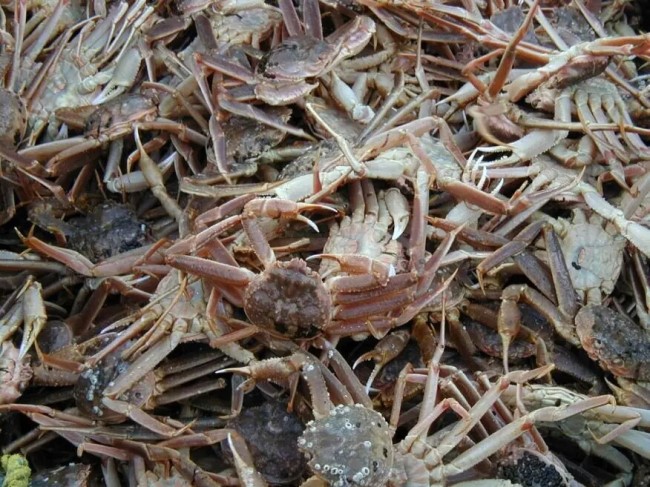
Alaska will be the region most affected by the decline in snow crab population, while fishing boats in Washington and Oregon are also heavily impacted.
Many second and third generation crab fishing families have been forced to close their businesses due to the decision to suspend crab fishing to restore the population. Being a fisherman is not only a job, but also a traditional practice passed down through generations.
This situation is causing many fishing families to question whether they can pass on their legacy to future generations, as the current situation makes them uneasy about sustaining this fishing business.
Not only are fishermen and their families in an alarming situation, but also crab processing plants and restaurants are gradually falling into a scarcity of supplies to provide food for their customers. In 2020, only 7 crab processing plants were operating, while in 2006, there were 19 plants operating continuously.
Many owners of supermarkets and seafood stores are also very concerned about the supply of snow crab during the year-end holidays. Therefore, consumers who want to enjoy high-quality and delicious snow crab dishes may have to wait for a long time.
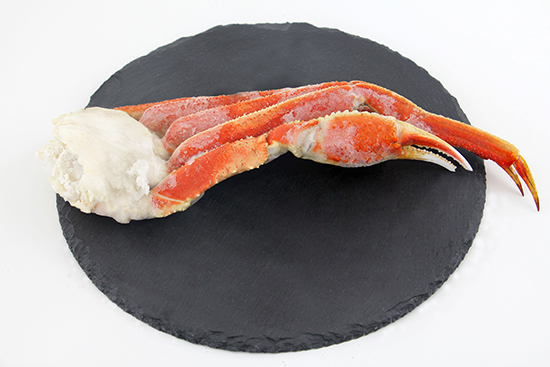
It can be said that snow crab will be a food that "money can't buy" for a while. And there is good news for seafood enthusiasts, especially snow crab lovers, as The Alaska Prime has finalized its last snow crab order for 2022. It is expected that the snow crab legs will arrive at the store in about 1 to 2 months. Follow The Alaska Prime to order this "rare" food now!
